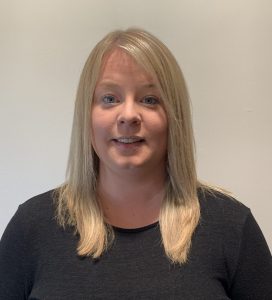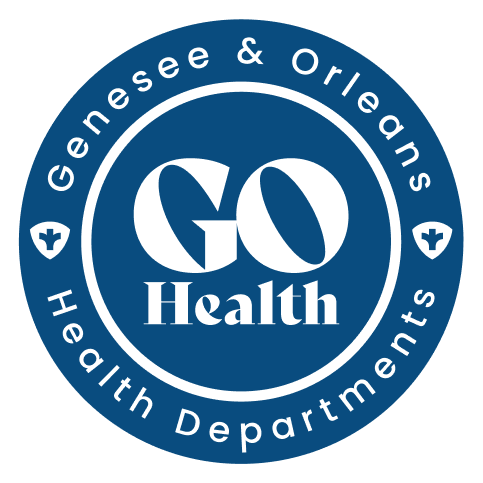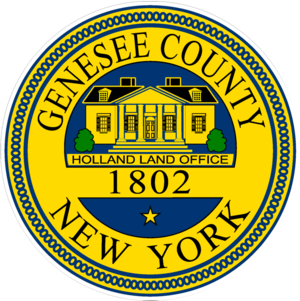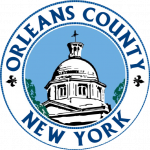As Chief Health Strategists of the community, we implement the following initiatives to ensure conditions in which everyone in our community can be healthy.
- Collaborate and engage with community partners to mobilize community action and drive initiatives that address the social determinants of health.
- Engage with community stakeholders to form vibrant, structured, cross-sector partnerships to diversify resources and foster shared funding, services and collective action.
- Seek public health accreditation through the Public Health Accreditation Board (PHAB) to strengthen GO Health and better serve our community.
- Collect and aggregate timely and relatable data that is accessible to the community. This includes coordinating the Community Health Assessment and Community Health Improvement Plan process.
- Pursue innovative funding opportunities to expand financial support for preventative community-level initiatives that address the social determinants of health.
Public Health Education promotes health and disease prevention through education, training, and policy, systems, and environmental change to improve the social determinants of health of our community. We implement evidence based programs and inform the community of emerging health issues.
Public Health Education provides the following services:
- Educational Programs (National Diabetes Prevention Program)
- In-service Trainings
- Public Presentations
- Referrals
- Resources (print and electronic)
- Departmental Point of Contact for Media Outlets
- Alcohol and Other Drugs
- Bloodborne Disease Prevention
- Communicable Diseases
- Dental Health
- Diabetes Prevention
- Environmental Health
- Falls Prevention
- Food Safety
- Mental Health
- Opiod Overdose Reversal
- Nutrition and Physical Activity
- Personal Hygiene
- Sexually Transmitted Infections (STIs)
- Suicide Prevention
- Tobacco Prevention
- Wellness
The Diabetes Prevention Program (also known as Prevent T2) is a proven evidence-based lifestyle program for preventing type 2 diabetes. For sixteen weeks, participants meet with a lifestyle coach and small group of people who are making lifestyle changes to prevent diabetes. DPP helps participants make achievable and realistic lasting changes such as eating healthier, including physical activity in their daily lives and improving problem-solving and coping skills. The program is for adults who have been diagnosed with pre-diabetes or are at risk of pre-diabetes and can cut your risk of developing type 2 diabetes by 58%. For more information contact [email protected].
Suicide Prevention Coalition of Orleans County
Community and Online Resources
GOW Pathway to Hope Facebook
GOW Pathway to Hope Website
Veterans Mental Health Resources
Veterans Crisis Line
Suicide Prevention Center of New York State
Suicide Prevention Resource Center
American Foundation for Suicide Prevention
#BeThe1To





